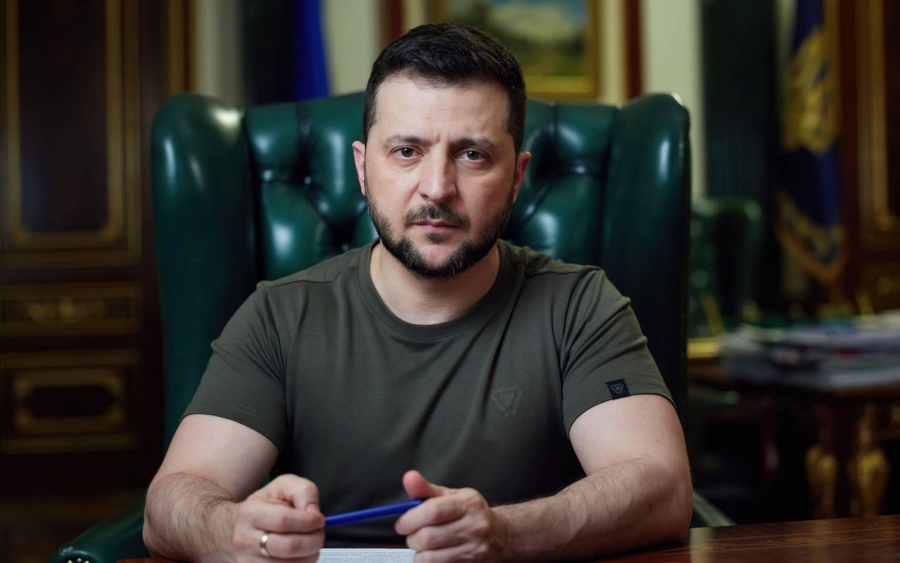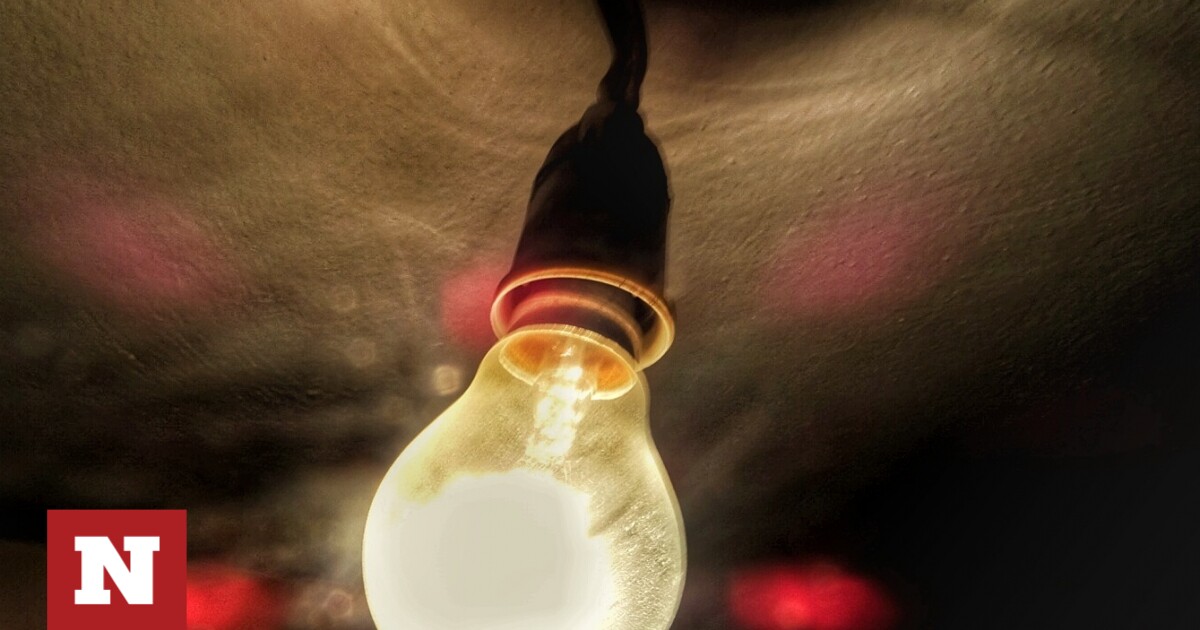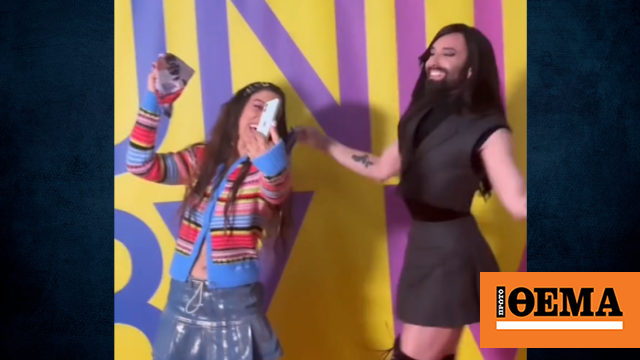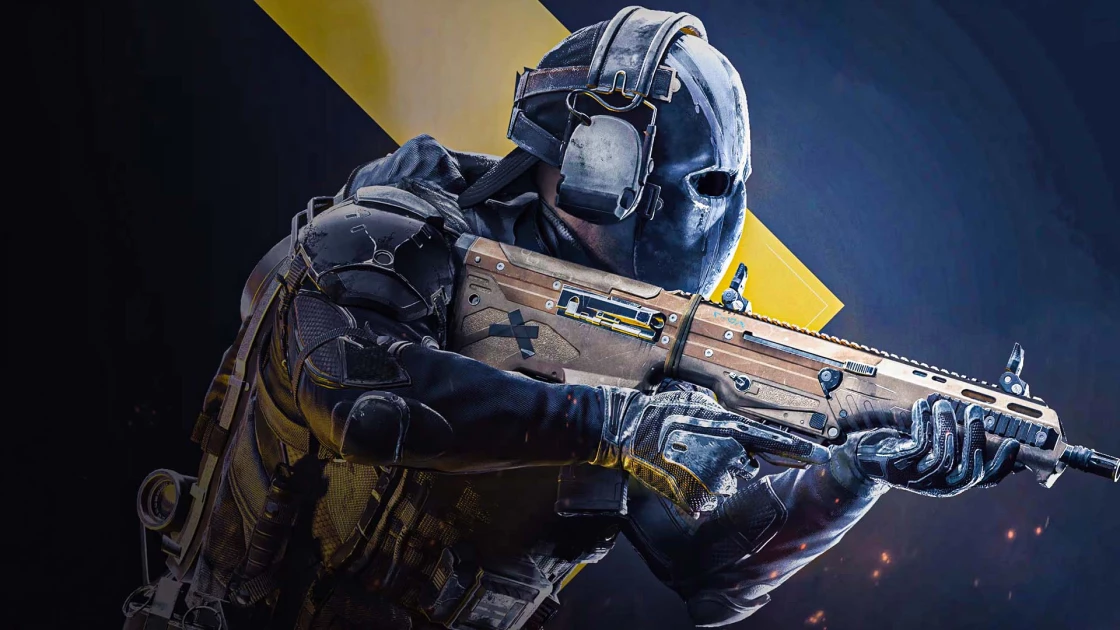
“Since we don’t have an air force and Russia does, they block us from the air and stop our counterattack,” Zelensky said from Kiev, blaming the West.
The Ukrainian president admits that Russia, with its air superiority, repels the Ukrainian counterattackWith Volodymyr Zelensky expressing his dissatisfaction with the decision Slowing Western military aid and delaying sanctions against Moscow.
He added, “Since we do not have an air force and Russia does, they are preventing us from flying.” Zelensky confirmed from Kiev, “They are stopping our counterattack, and he condemned.”Processes become more complex and slower, with regard to sanctions or arms purchases from the West.
He added: “The war is slowing down, and we are aware of this fact.”
The Ukrainian president said, “When our partners say, ‘What is the next step in the counterattack?’ My answer is that our steps today may be faster than the new sanctions packages targeting Russia.”
Kiev regularly complains about the slow pace of retaliatory measures aimed at slowing down the Russian military operation.
The West is responsible for the defeat
Zelensky once again stressed that if the West had more quickly delivered long-range munitions, which make it possible to strike Russian defense positions, both in the rear and in Through the Russian supply chain, the Ukrainian military will move faster as well.
A specific weapon has a specific effect.
He stressed that the more powerful and long-range it is, the faster the counterattack will be.
Westerners drop such munitions on Ukraine, fearing that Kiev will use them. Despite his commitments to bomb Russian territory, which may lead to an escalation of the war.
Ukraine has also been complaining for months about the slow pace of negotiations To deliver F-16 fighter jetsWhile the country has a small and old fleet of aircraft dating back to the Soviet era, according to Agence France-Presse.
After months of procrastination, dozens of these American combat aircraft will be delivered by European countries. But it will take months to reach the battlefield, especially given the time it takes to train pilots.
When Stoltenberg ignored Zelensky
It appears that discussions regarding Ukraine’s possible membership in NATO have not ended yet.
Now, a top NATO official says Kiev is one step closer to gaining its long-awaited membership, which is surprising given the complete snub of Ukrainian President Volodymyr Zelensky at a recent NATO summit.
NATO Secretary General Jens Stoltenberg stressed, during his meeting with members of the European Parliament on September 7, that the military alliance “shares the same values and the same challenges” with Ukraine, commenting on the recent progress towards including Kiev into the European Union. Alliance.
Recalling the summit of Vilnius, Stoltenberg said that although he did not provide a specific “road map” for the path to membership, he promised Kiev would take some steps in the process.
Big trick
The specific steps are aimed at increasing military interoperability, creating a formal representative council for Ukraine in NATO and simplifying the process, while potentially bypassing some of the bureaucratic requirements that must be met by other candidates.
Given that these measures have already been implemented, Stoltenberg believes that Kyiv is closer to membership now than ever before.
He added: “We reaffirmed that Ukraine will become a member of NATO, but then we added three elements that make it closer to membership (…)
He noted that these three things, interoperability, the NATO-Ukraine Council, and the elimination of the Membership Action Plan requirement, prove that Ukraine has never been closer to NATO membership.
However, Stoltenberg again did not present any “road map” for Kiev in his recent speech.
He said only that fulfilling the three promises makes membership “closer” now than it was before, but he did not say what would happen next in the process.
No new accession talks were announced, and talk was limited to simply saying that they were “close”, with no concrete evidence to support this conclusion.
In practical terms, these words prove that Stoltenberg is bluffing about Ukraine joining NATO.
What does NATO want to avoid?
So far, no significant progress has been made in this process, and NATO does not appear interested in furthering this agenda.
However, in order to maintain a positive public image of the alliance and avoid criticism from Kiev and the mainstream media, Stoltenberg constantly reiterates the commitment to membership and attempts to give new “hope” to the satellite state.
The aim is to make Ukraine and its supporters, as well as Western public opinion, believe that its accession will actually happen, even if all evidence suggests that its accession to the EU will “stagnate.”
Refusing to accept Ukraine into the coalition is the right position to take as the country is currently in a state of open conflict.
Given NATO’s collective defense rules, the entry of the Kiev regime would mean the immediate start of an open global conflict.
Kiev is known to be fighting for NATO on the battlefield, obeying orders from Western leaders and acting as a proxy state.
However, the neo-Nazi regime’s involvement in the Alliance’s war plans will certainly remain limited to this proxy role.
NATO wants war with Russia, but it does not want to risk losing its forces in a direct conflict with no chance of victory.
For the alliance, it is interesting to continue a proxy war, trying to “weaken” Russia in the long term without causing too much direct damage to Western countries.
Phishing proof
Evidence of NATO’s lack of interest in waging outright war can be seen in the fact that the alliance has ignored Ukraine’s false claims of “Russian attacks” against Poland and Romania, for example.
If NATO wanted to engage in direct conflict with Russia, it would almost certainly adopt the Ukrainian narrative – but that is not in the West’s plans, at least for now.
Western countries know that in order to prevent the process of geopolitical transition to multipolarity, it will be necessary to neutralize Russia and China at the same time.
It is impossible to win a war with both powers at the same time, so the bet is to maintain proxy conflicts with Russia and wage an anti-China military campaign in the future.
In this sense, we should view the current conflict in Ukraine as only one part of NATO’s real anti-Russian strategy.
There is nothing “special” about Kiev to legitimize Western intervention in its favour.
Ukrainians are cannon fodder
NATO’s military aid is not motivated by “shared values” or “defense of democracy”, as the propaganda says, as geopolitical analyst Lucas Lerose emphasizes in his article.
It is just a way to indirectly prolong the conflict with Russia.
For the West, the Ukrainians are just cannon fodder in this scenario.
It’s a shocking fact, but Ukraine agreed to participate in this war plan long ago when it chose to join the West in 2014.
Thus, unless new factors emerge in the near future that show some real progress regarding Ukraine’s accession, Stoltenberg’s words are seen as a mere bluff, as Kiev’s arrival does not appear to be in NATO’s interests.
www.bankingnews.gr

“Hipster-friendly coffee fanatic. Subtly charming bacon advocate. Friend of animals everywhere.”





More Stories
The second suspicious death linked to the Boeing scandal
Israel bombs Syria – the first information
“Russia should not win in Ukraine”